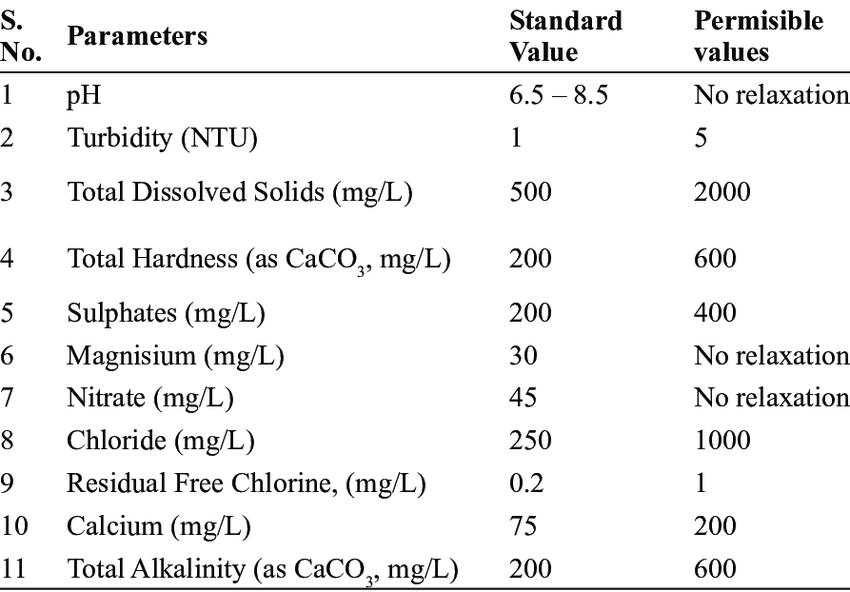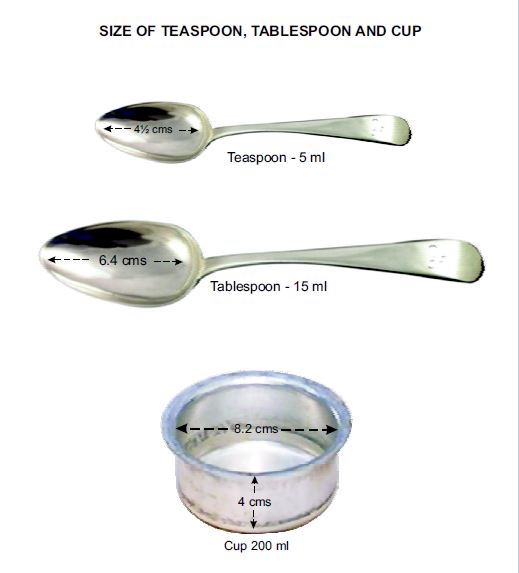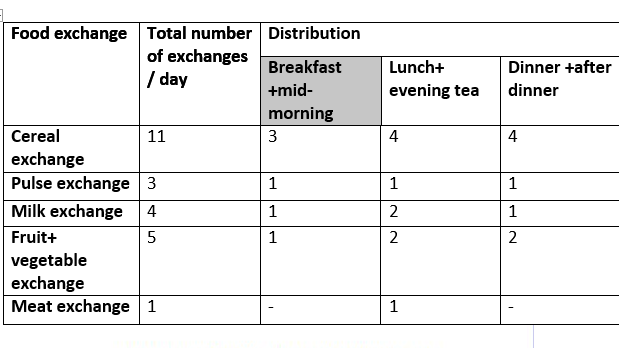Add or exclude these with these to get the most out of those
At times we consume “superfoods” meant to deal with an array of issues but still fail in achieving desired results. After trying enough, we give up and declare inadequacy of the food to reap us benefits. To not spend a fortune on commercially available products and make the best out of the simple basic food out there, continue reading.





